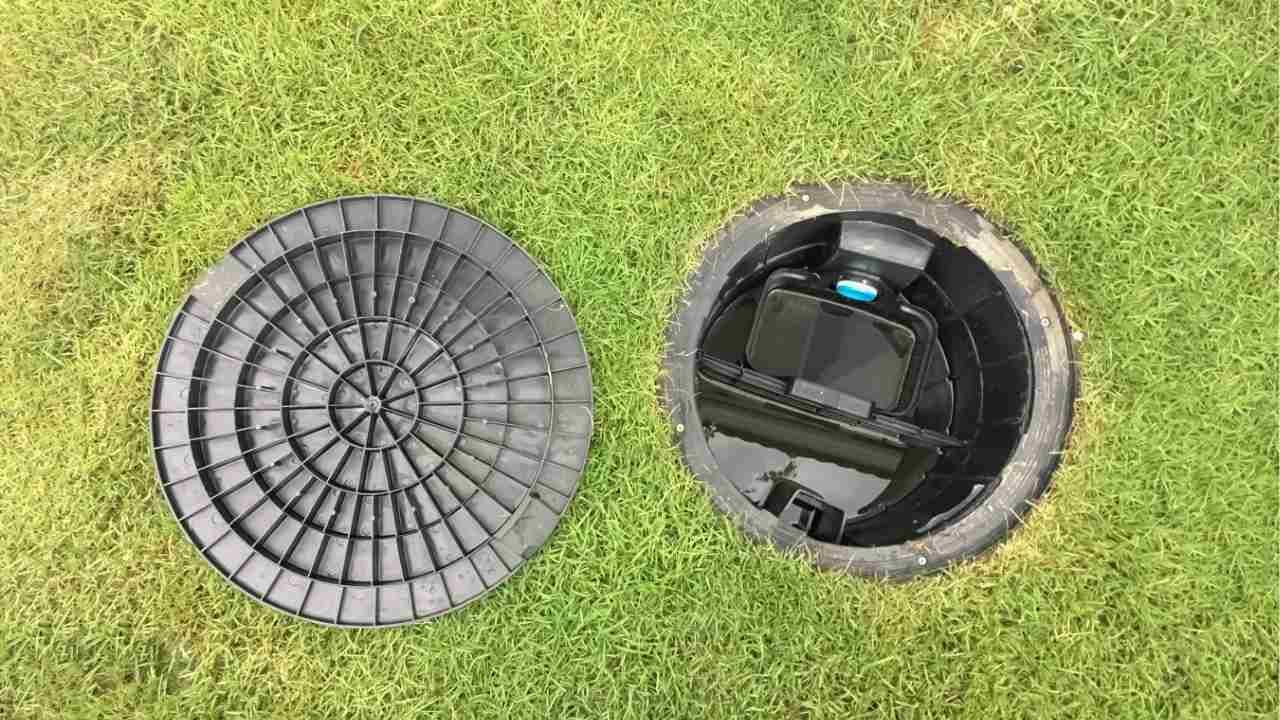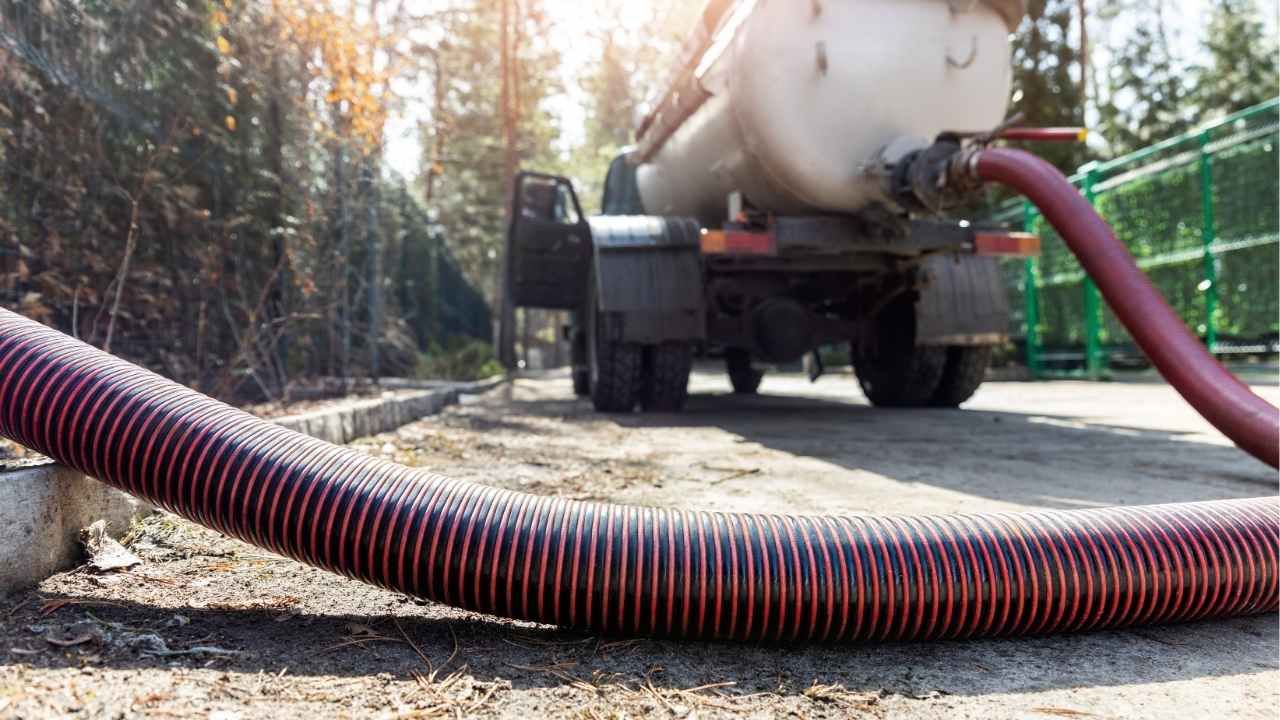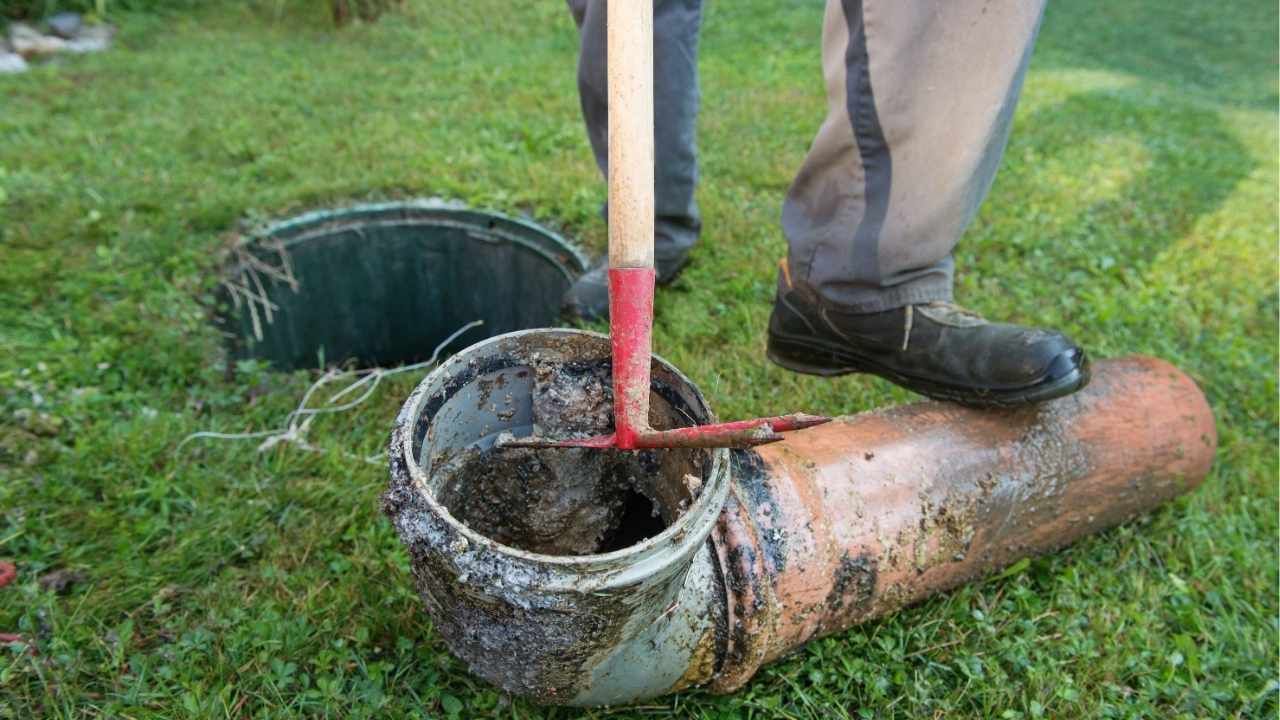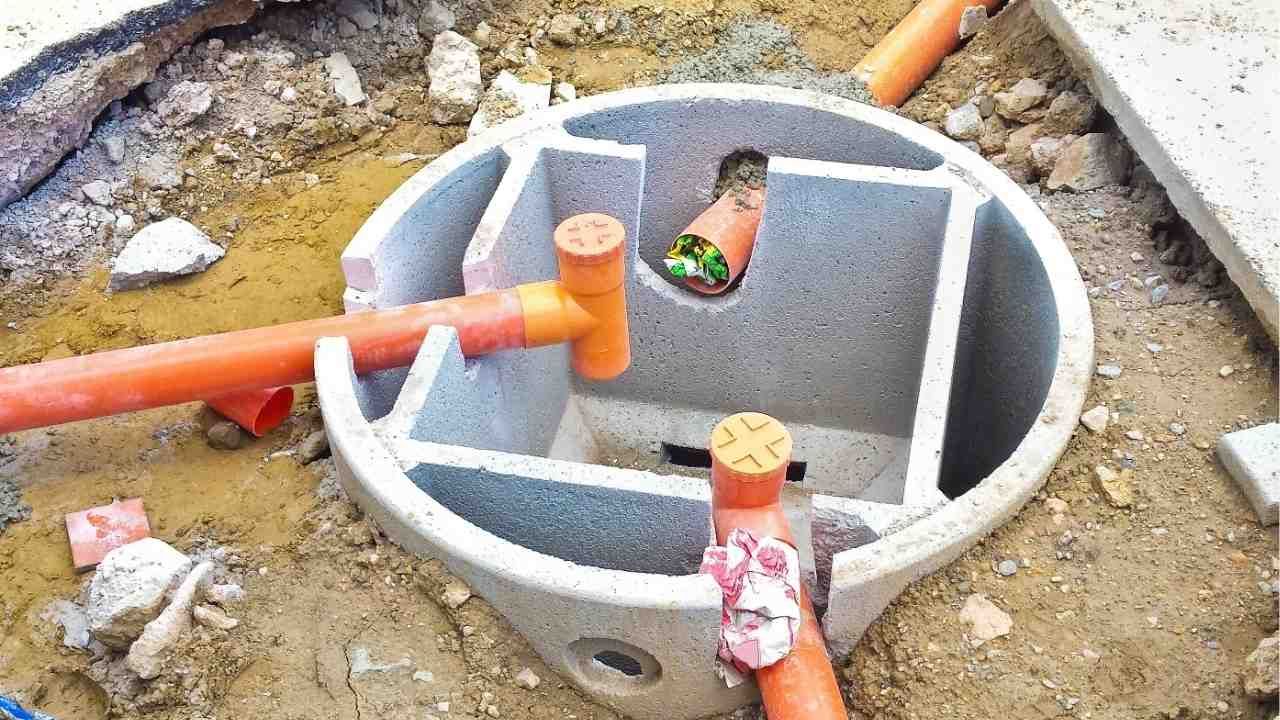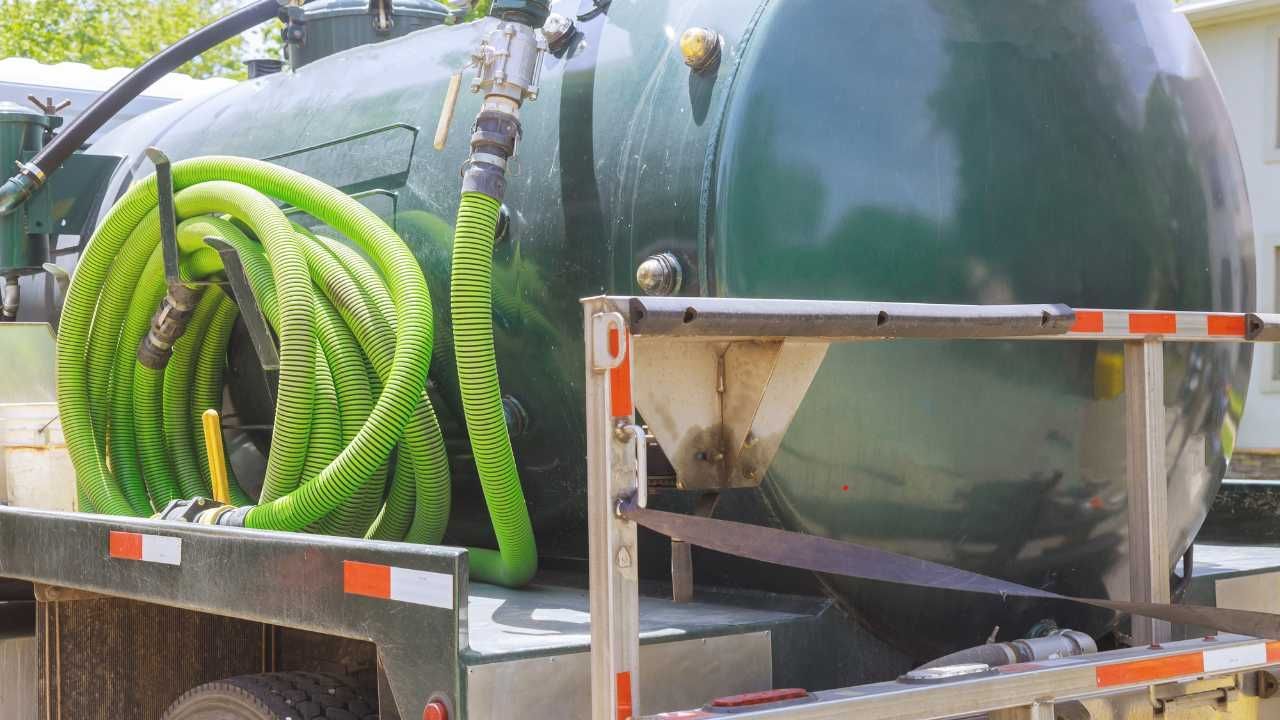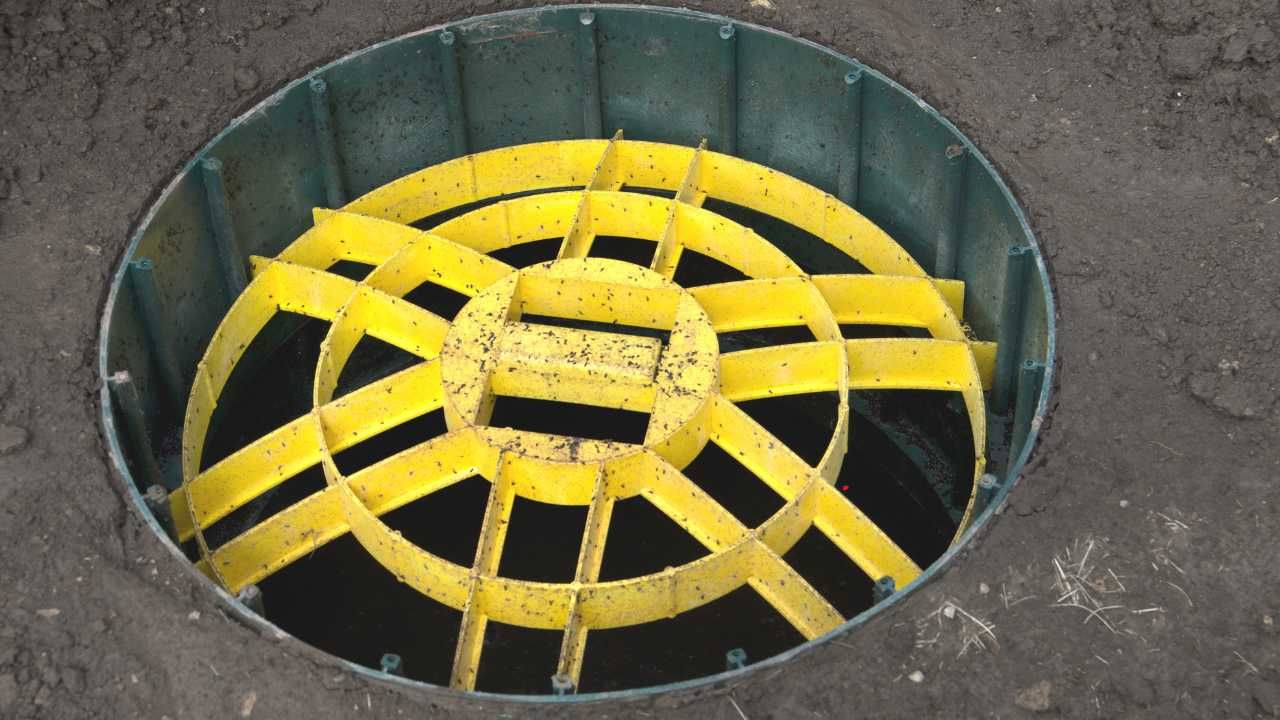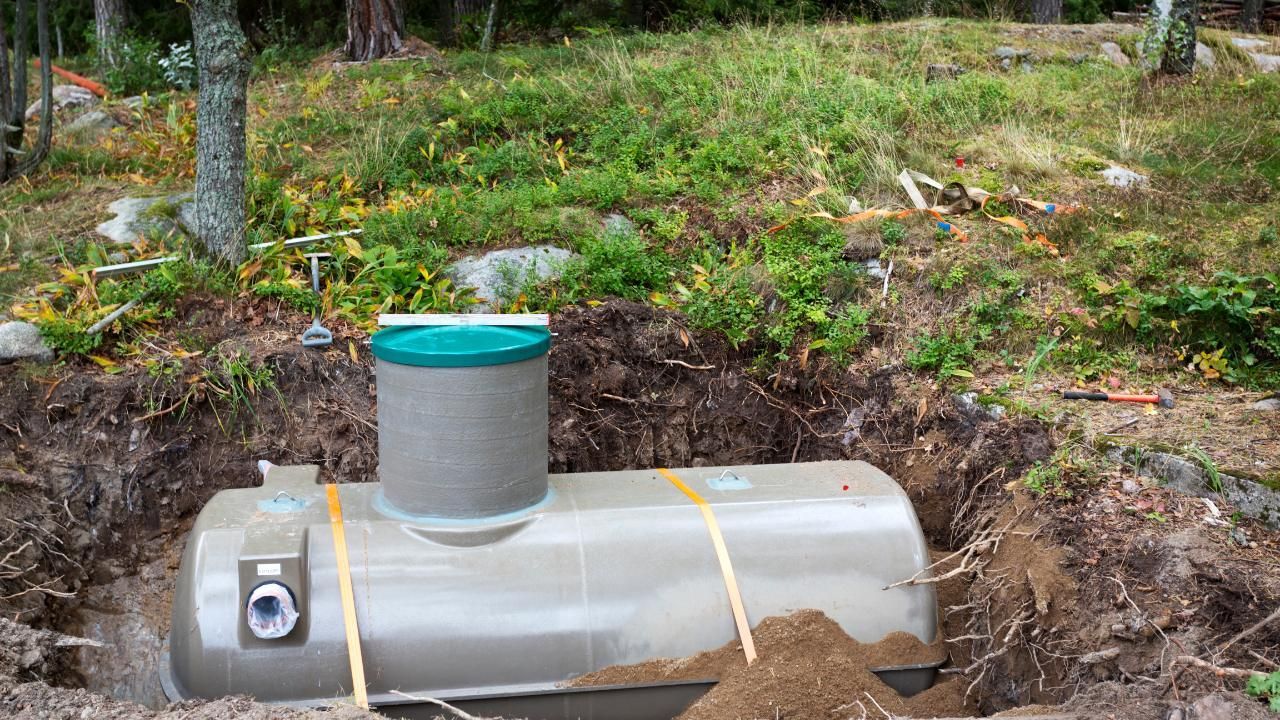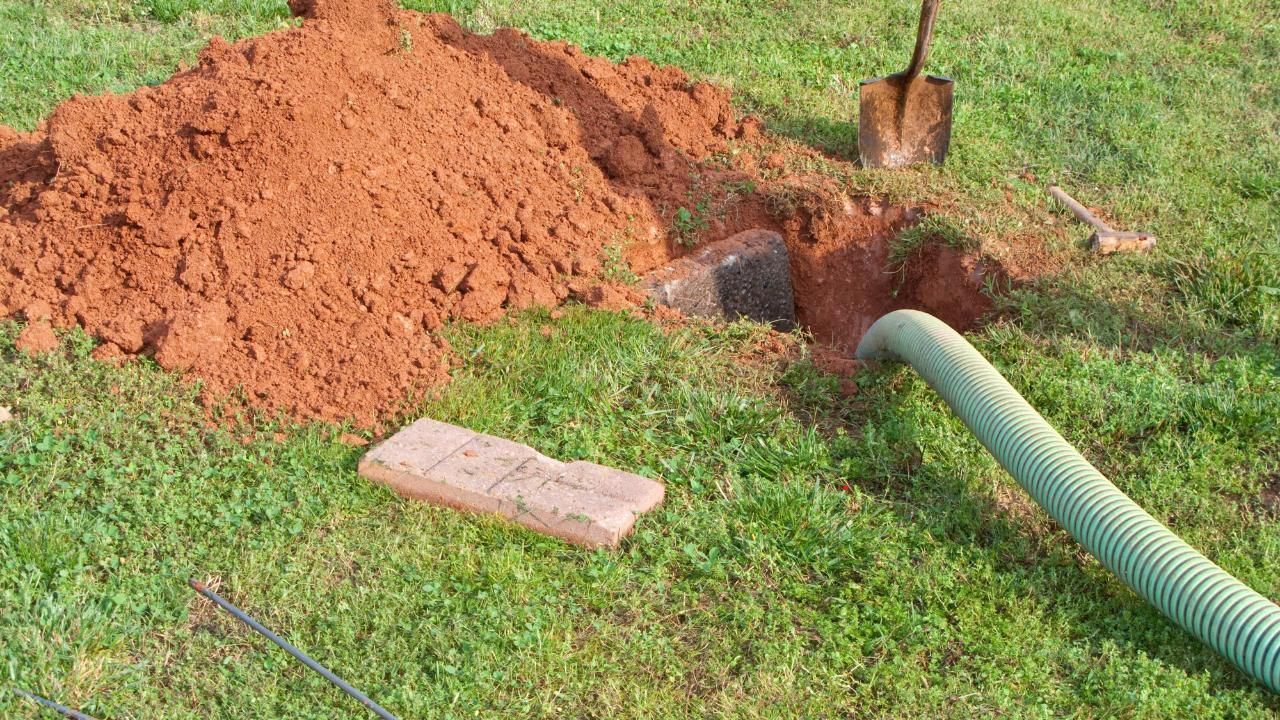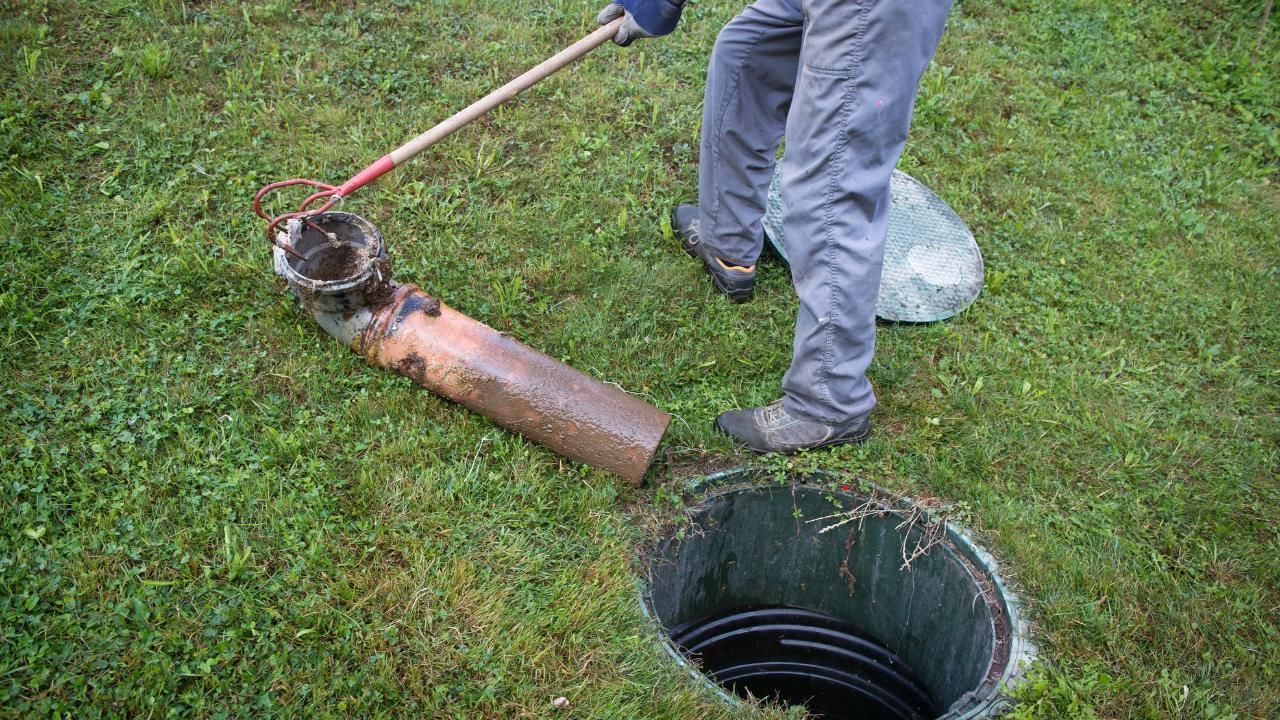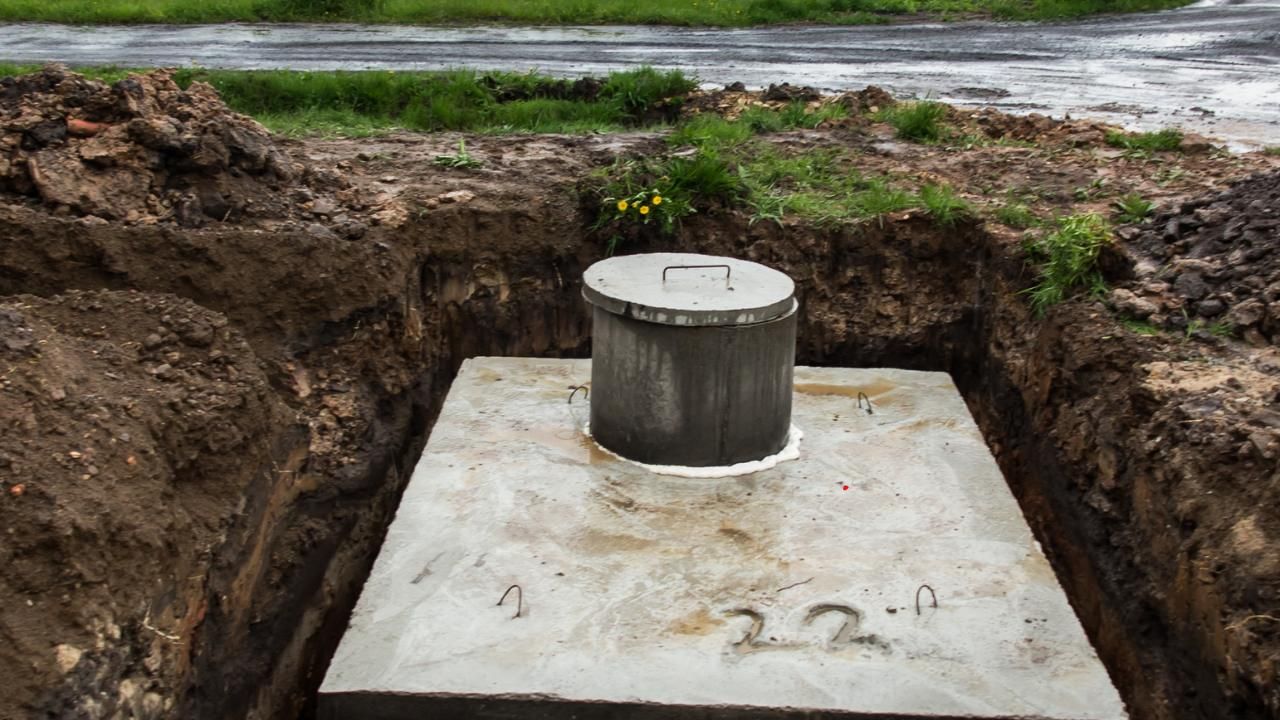How to Maintain Your Aerobic Septic System for Optimal Performance
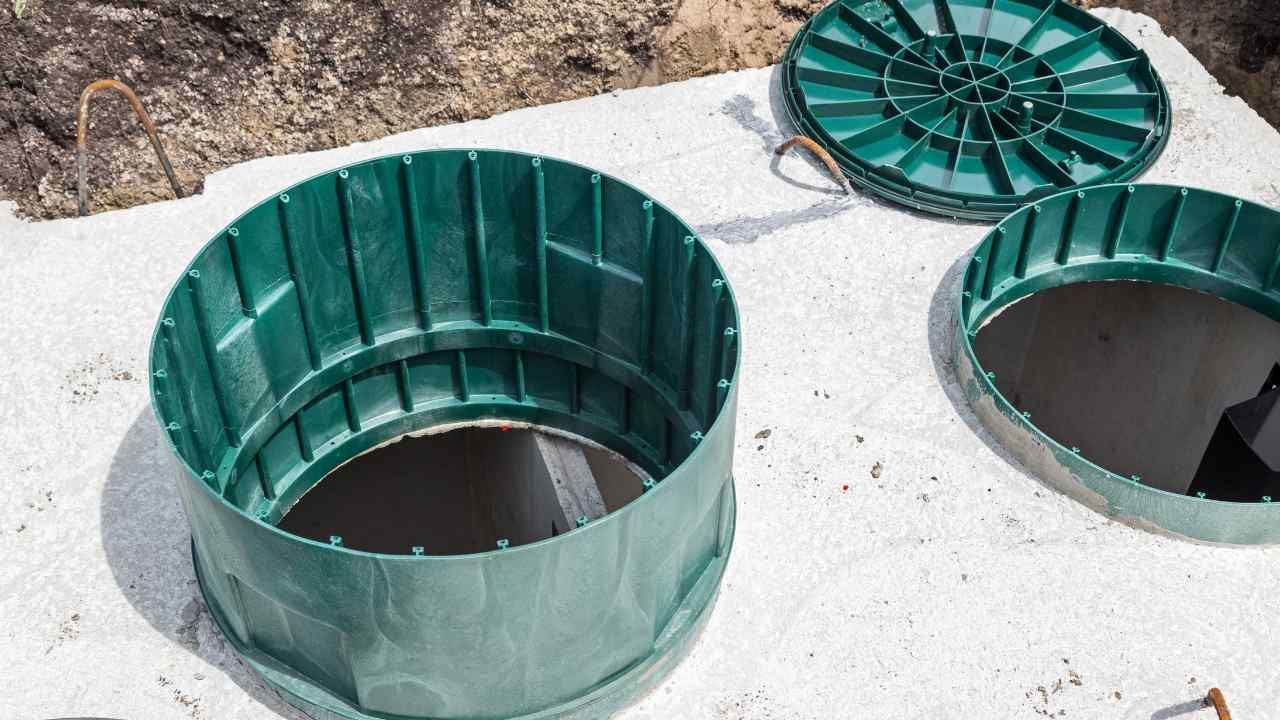
Maintaining an aerobic septic system might not be the most glamorous task, but it’s essential for keeping your home’s wastewater treatment running efficiently. When properly cared for, these systems are highly effective and environmentally friendly. Neglecting maintenance, however, can lead to costly repairs and unpleasant surprises.
In this article, we’ll cover the key steps to keep your aerobic septic system in top condition, ensuring it delivers optimal performance for years to come.
Understand How Aerobic Septic Systems Work
Unlike conventional systems, aerobic septic systems use oxygen to break down waste. They rely on three key components:
- Aeration Chamber: Introduces oxygen to the wastewater, promoting the growth of beneficial bacteria that break down solids.
- Treatment Tank: Filters out solids and separates them from treated water.
- Dispersal Field: Releases the treated water safely back into the ground.
Because these systems involve more complex mechanics than traditional septic tanks, they require more consistent care and monitoring.
1. Schedule Regular Inspections
Aerobic systems include mechanical and electrical parts that need periodic checks to ensure they’re functioning properly. Experts recommend professional inspections at least twice a year. During an inspection, a technician will:
- Check the aerator for clogs or damage.
- Test pumps and alarms for functionality.
- Monitor sludge levels in the tank.
Regular inspections catch potential issues early, saving you from costly repairs.
2. Pump Your Tank as Needed
Over time, solid waste accumulates in the treatment tank. If it’s not removed, it can clog the system and lead to a messy overflow. Most tanks need to be pumped every 3-5 years, but this frequency depends on usage and tank size.
When scheduling a septic tank cleaning, choose a qualified provider familiar with aerobic systems. A professional will not only remove the sludge but also ensure all components are working properly after cleaning.
3. Use Your System Responsibly
One of the best ways to maintain an aerobic septic system is by being mindful of what you flush or pour down the drain. Avoid:
- Grease, fats, or oils.
- Harsh chemicals like bleach and drain cleaners.
- Non-biodegradable items such as wipes, diapers, or feminine products.
These materials can disrupt the balance of beneficial bacteria or cause blockages, compromising the entire system.
4. Maintain the Aerator and Dispersal Field
The aerator is the heart of your aerobic septic system, introducing oxygen to wastewater to accelerate the treatment process. If the aerator fails, the system will revert to anaerobic conditions, which are less efficient and more prone to odors.
Additionally, keep your dispersal field in good shape by:
- Preventing heavy vehicles from driving or parking on it.
- Avoiding planting trees or shrubs near the field to prevent root intrusion.
- Ensuring the area stays free of standing water.
5. Partner with Local Experts
For homeowners in Broward County Florida, it’s essential to work with professionals who understand the unique soil and environmental conditions in the area. A trusted septic systems service provider like Septic Masters can help ensure your aerobic system is properly maintained, offering expert guidance tailored to your needs.
Final Thoughts
By following these steps, you can keep your aerobic septic system running efficiently, extend its lifespan, and protect the environment around your home. With regular inspections, proper maintenance, and responsible usage, you’ll enjoy worry-free performance from your system.
Need professional assistance? Contact a local expert today to schedule an inspection or cleaning. Investing in regular care now can save you from headaches—and expenses—down the road!
Ask Your Questions
Get In Touch, Leave Us A Message
We're committed to providing affordable and reliable septic tank services. Whether you need cleaning, maintenance, or repairs, our experienced team is here to help. Get in touch with us today and leave us a message to schedule an appointment or inquire about our services.

